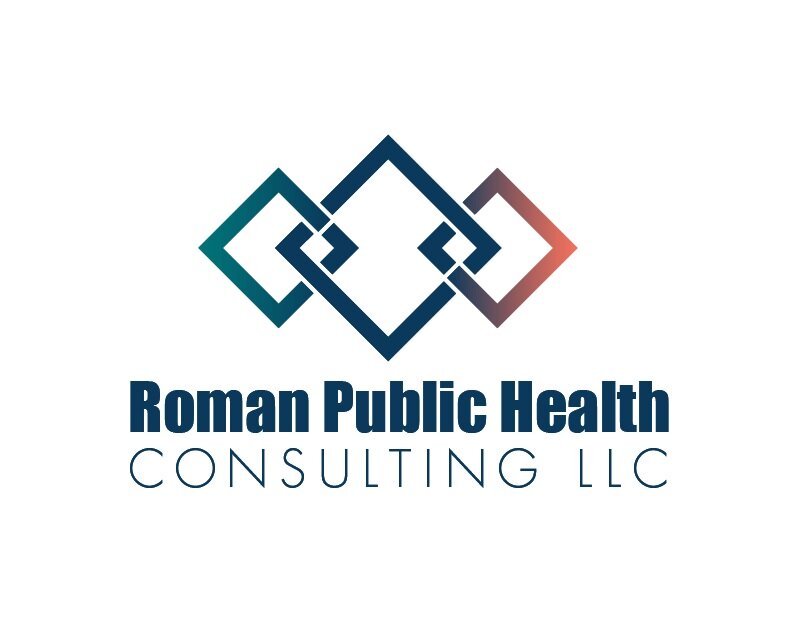Monthly Public Health Consultant Spotlight: Rebecca Drewette-Card, DrPH, MSPH
Each month, I will introduce you to a public health consultant or entrepreneur and they will share their path to self-employment and outline key pieces of advice for aspiring business owners.
Today we welcome Dr. Rebecca Drewette-Card from Topsham, Maine!
1. Please share your educational background and business title/name.
Doctor of Public Health (DrPH) and Master of Science in Public Health (MSPH)
I am the President of Public Health Partners.
2. Tell us how you entered the field of public health and what your education and work experience was prior to starting your own business.
I entered college thinking I was going to attend medical school. Somewhere along the way, it dawned on me that it made more sense to keep people from getting sick in the first place. That I could do more good by helping people to stay healthy. With a little research, I realized that what I wanted to do was called “public health.” So, when I graduated with my B.A. I attended a School of Public Health to get my Masters degree.
From there, I landed a fellowship at the Centers for Disease Control and Prevention and then moved on to positions within state health departments. My longest tenure was with the Maine Center for Disease Control and Prevention, where I worked for five years promoting physical activity and good nutrition to prevent and control obesity and chronic disease. I really enjoyed my time working with communities to develop and evaluate interventions that were appropriate for their communities.
3. When did you start your business and what were your motivations for pursuing self-employment?
I established Public Health Partners in 2008 after the birth of my first child, but began taking clients in 2009 when I left my position with the State. My motivation for consulting was the flexibility and diversity of projects that consulting allows. I had known for quite some time that I wanted to make this shift once I had children. It really was a personally-driven rather than professionally-driven decision.
4. Who is your ideal client? What services do you offer?
My ideal clients are non-profits and governmental organizations that are interested in a community-based participatory approach to chronic disease prevention and control. I am able to assist clients with assessing a community’s needs, selecting and/or developing appropriate chronic disease interventions, implementing interventions, and evaluating efforts. I view my clients as partners in all projects; I request that clients meet with me regularly to provide input at all stages of a project so I can deliver products that exceed expectations.
5. What is your favorite type of project to work on and why?
I really enjoy program planning. My favorite projects allow me to assess a community’s needs and then develop physical activity or nutrition interventions that address them.
6. Many of our readers are considering a career as a self-employed public health consultant or entrepreneur. What is your best piece of advice for those considering or just starting out?
I’ve learned so much after a decade of consulting that I have a few pieces of advice to share!
Let your existing network know you are transitioning to consulting. It seems obvious, but sending personal emails and making telephone calls to people who already know your abilities is an important starting point; these are likely your first clients.
Develop a non-negotiable personal approach to your business finances. Determine how much from each project that you need to put aside for taxes, for other business expenses, and for a “rainy day” fund, and then stick to it.
Remember that maintaining your business will require time in addition to what you need to actually perform your services for your clients. You will spend time invoicing, networking, marketing, developing proposals, and that is all unpaid. Your rates need to account for those time expenses.
Understand that you will have slow times and busy times.
7. How can readers connect with you? Please share links to relevant websites and social media accounts:
Readers can connect with me on my Public Health Partners website, LinkedIn, and Twitter.

